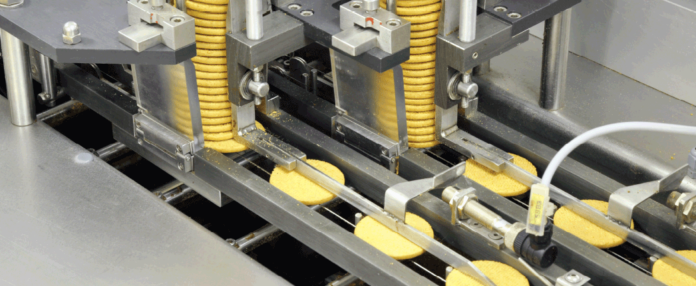Rocol’s food-grade lubricants are the first to be recognized as PFAS-free, the safety standards oganization NSF announced last week. The certification confirms that the UK company’s products do not contain per- and polyfluoroalkyl substances, or PFAS.
Dubbed “forever chemicals,” PFAS have become a focus of growing regulatory and public concern within the food production sector. They pose grave threats to human health and are found in vast quantities in household goods, as well as food and water.
Introduced earlier this year, the NSF 537 standard offers manufacturers a framework for verifying the absence of PFAS in non-food compounds and food equipment materials. It includes stringent criteria such as a maximum total organic fluorine level of less than 50 parts per million, exclusion of post-consumer recycled content and prohibition of intentionally added PFAS or related additives. Ongoing compliance requires annual retesting.
“The introduction of the NSF 537 certification is a pivotal moment in the food industry. As we learn more about the harmful effects of PFAS on our health and planet, the urgency to eliminate their use has never been greater,” NSF’s Director of Food Contact Evaluation Sam Cole told Lube Report. “This groundbreaking standard not only enhances consumer safety by helping eliminate PFAS from food production but also improves manufacturers’ environmental responsibility.”
Rocol’s early adoption of the standard puts it ahead of any regulatory developments in the food-grade lubricant segment, even as United States Environmental Protection Agency rolled back some restrictions on PFAS levels in drinking water in May.\
Senior scientist at Rocol Jess Baker, highlighted that achieving this status underlines the durability and safety of the company’s Foodlube product range and expressed plans to expand certification across its full product line.
For food manufacturers, PFAS-free certification may facilitate regulatory compliance, reduce environmental exposure and support supplier validation efforts through NSF’s White Book listing. Cole added that NSF 537 is designed to give manufacturers and their customers a clearer understanding of which materials are suitable for use in food-contact environments.
NSF is an independent public health standards and testing organization that works across food, water, life sciences and consumer products sectors. Rocol develops and markets specialty lubricants and related systems for industrial use globally.
Listen to the Lubes’n’Greases podcast with Sam Cole from NSF.
